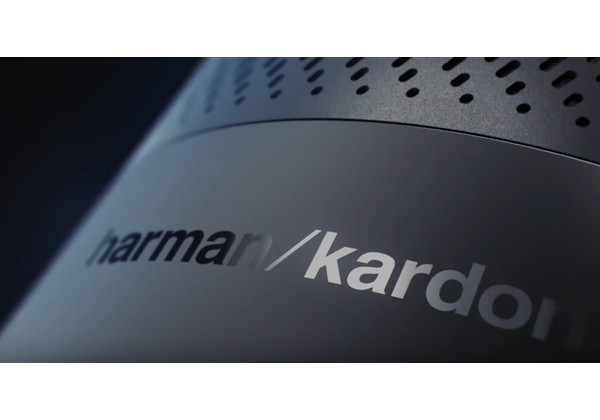Microsoft Is Entering the Smart Speaker Space

Although there’s been a lot of talk about smart speakers and voice systems by Amazon and Google, Microsoft has kept a relatively low profile on its Cortana assistant, but the software giant has been working to develop its artificial intelligence engine. As voice becomes the next great user interface trend and artificial intelligence the new platform battleground, Microsoft couldn’t afford to fall behind.
Last week, Microsoft announced that it would introduce a Cortana-based smart speaker. This wasn’t a surprising market development. Although Microsoft’s dominance in the computer operating system market isn’t easily threatened, the company is aware that no level of market clout is immune to longer-term trends. Given that artificial intelligence is likely to directly change the way people live and work Microsoft must play actively in this nascent market.
Microsoft’s first foray into the smart speaker market comes with Harman Kardon, the maker of audio and auto telematics systems. As Samsung recently announced a deal to acquire Harman International for $8 billion (see Samsung Muscles into Auto Tech), Microsoft’s development work with Harman Kardon is likely to predate its talks with Samsung.
From an observer’s vantage point, there’s an awkward overlap here: Samsung, which recently acquired its own artificial intelligence engine, will buy Harman Kardon, which is developing artificial intelligence products using Microsoft’s Cortana. Samsung is likely to include its artificial assistant in upcoming flagship Android phones, which will probably also have Google’s assistant embedded. There’s a few degrees of separation between these companies.
Adding to the competitive nature of this young market, Microsoft, like Amazon and Google, is opening up its artificial intelligence engine to allow third-party developers to create their own “skills”. All three companies will need to keenly market their platforms to hardware firms and developers.
Like the original PC operating system market a few decades back, and the smartphone market a decade ago, artificial intelligence is becoming the new platform battleground with smart speakers becoming an early front line.
We expect to see more competitors enter the market with smart home devices based on artificial intelligence. Apple and Samsung, for example, each have the assets and the strategic need to be well-positioned across the home.
For now, Microsoft is drawing attention to its entry into the smart speaker market with teaser videos and talk of being a great listener.

 Twitter
Twitter
 Facebook
Facebook
 LinkedIn
LinkedIn
 Email
Email